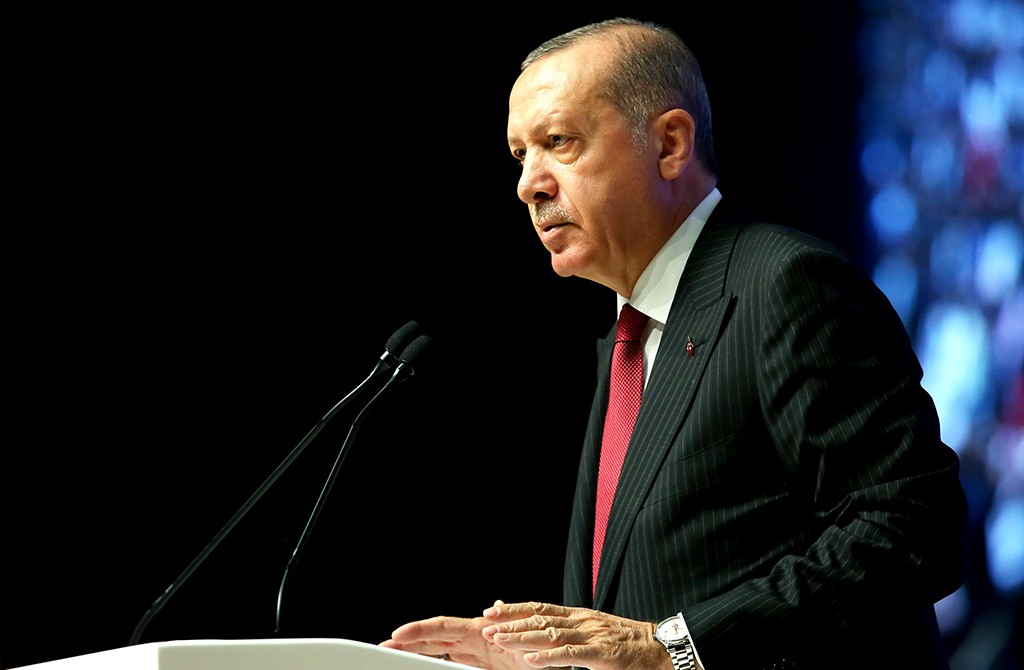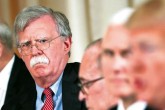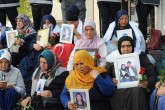President Recep Tayyip Erdoğan hosted Turkey’s 30 metropolitan mayors in Ankara on Wednesday. Together with cabinet ministers and members of the Presidential Council for Local Government Policy, he listened to their proposals and instructed his team to take necessary steps to accomplish key goals.

Erdoğan’s warm attitude, genuine interest in municipal projects, and commitment to service seemed to have caught opposition politicians by surprise. The president demonstrated that he would help municipalities under the Republican People’s Party (CHP) accomplish their goals, dispelling rumors of financial and administrative pressure on local governments. Thus Erdoğan made it clear that the election was now behind them. In his address to participating mayors, the president reiterated his commitment to fighting terrorism by saying he was “pleased to join mayors who have managed to keep their distance with terrorist groups.” Wednesday’s meeting, together with the recent dismissal of three mayors over terror links, reaffirmed that there are many political instruments at Erdoğan’s disposal for the next four years.
The current intensity of the political debate, despite there being no elections scheduled until 2023, is new for Turkey. One could argue that the economy’s performance could lead to early elections over the next two years – even though the opposition is not making that demand yet. New political movements and politicians, who want to stay relevant, are guided by that expectation. Most recently, former economy minister Ali Babacan announced he will form a new party by year’s end. Sources say former Prime Minister Ahmet Davutoğlu will move even quicker.
Muharrem İnce, who contested the 2018 presidential election on the Nation Alliance ticket, too, said he will run again, anticipating an early election. İnce’s announcement may reflect his frustration with Istanbul mayor Ekrem İmamoğlu’s popularity. His candidacy has the potential to spark a new argument within CHP ranks.
Observers who attach importance to developments within the AK Party and emerging political movements take pleasure in saying that Erdoğan’s back is “against the wall.” Judging by the March 31 municipal elections results, they assume that the increasing number of parties will push the People’s Alliance below the 50% mark. The same dream of an early election leads to the release of various opinion polls. Changes in the political arena are good for the media, but there are three problems with the assumption that Turkey will hold early elections.
First, this is the first term under the presidential system and the next election is four years away. Key domestic and international developments could change the nature of existing alliances during that time. Moreover, calling for an early election is no easy task, as it requires the support of 360 parliamentarians.
Secondly, the presidency remains under the control of Erdoğan, who brought 17 years of experience to the office. By making adjustments now, he will have enough time to reap the benefits before the next election. Erdoğan has the skill and ability to alter the balance of power in the political arena. All other politicians position themselves according to the president. Be it İmamoğlu, İnce, Davutoğlu or Babacan, they seek to define their political movements based on their attitude toward Erdoğan.
Finally, Erdoğan is overseeing the AK Party’s recovery from the municipal election and a long tenure in power by holding intraparty elections. Going forward, he will maintain the power to strip his opponents of their ammunition, by implementing their policy proposals. For five years, the Turkish president has operated under extraordinary circumstances – either elections or key developments. He now has an opportunity to work for four election-free years.
Let us recall that politics is a marathon, not a sprint. We will see who will last.
[Daily Sabah, 14 September 2019]



